I have working on JavaScript, C#, Java for so long. In these we can initiate multiple variables with same value;
var a, b, c = 0
OR
int a, b, c = 0
Trying to do the same in python but unable to do it. Tried many things like;
a = b = c = 0
its working with int but with list
but it creates reference to other variable.
Thanks in advance
